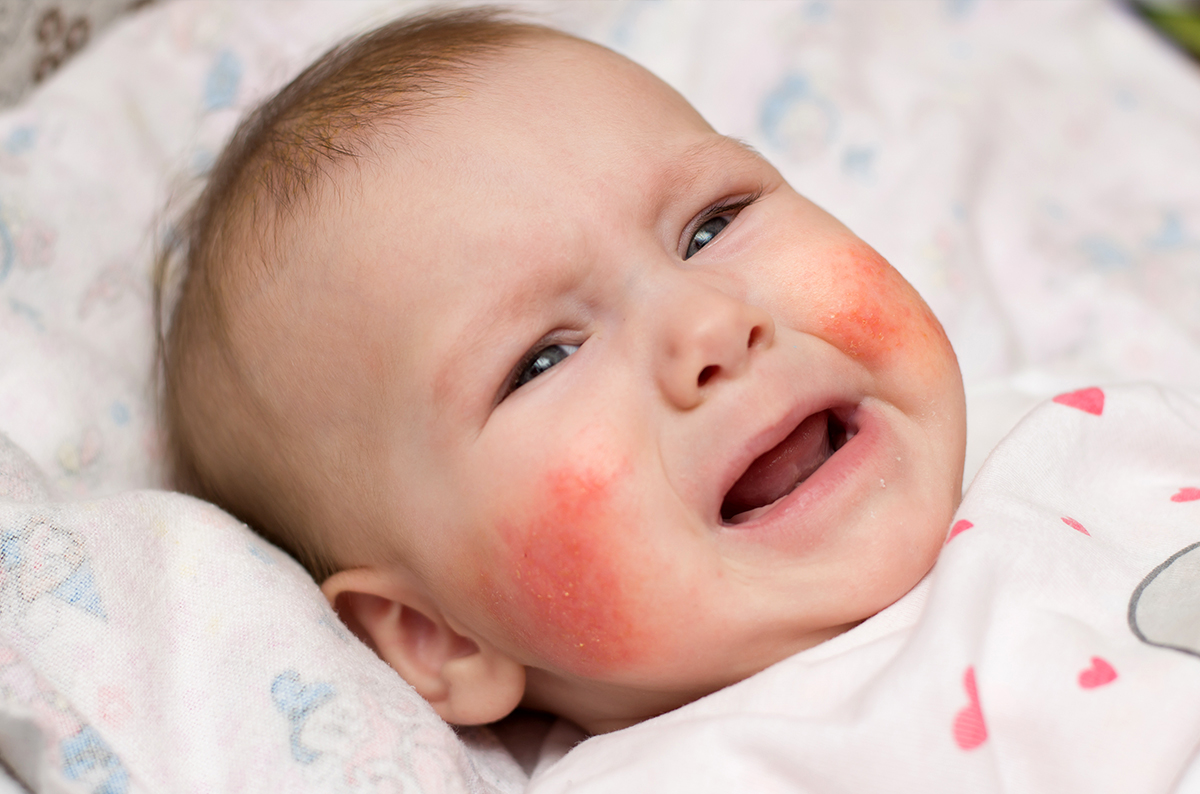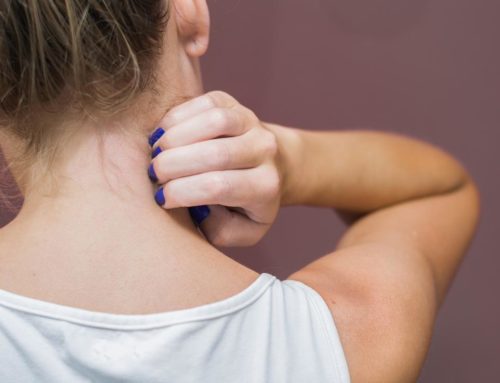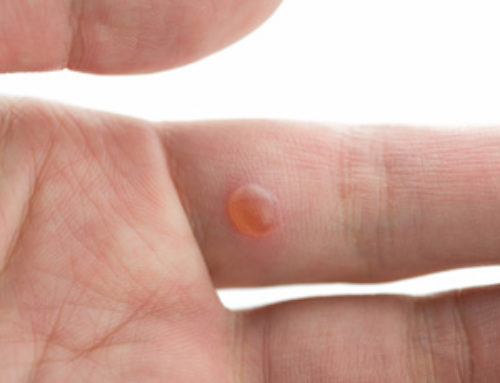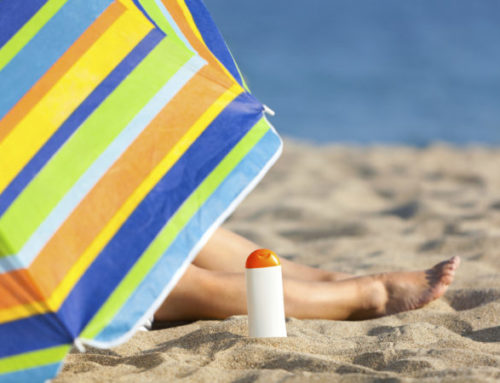October is Eczema Awareness Month!
More than 30 million Americans live with eczema.
Eczema is NOT contagious.
According to The National Eczema Association, eczema is more common in females than males.
Nearly half of people with atopic dermatitis report they are “often” or “always” frustrated by their disease.
More than half of all eczema sufferers show signs within their first 12 months of life and 20% of people develop eczema before the age of five and disappears around six years of age.
Allergens such as house dust mites, molds, grasses, plant pollen, foods, pets and clothing, soaps, shampoos and laundry detergent can trigger eczema flares.
Eczema has several other names; Atopic dermatitis, Contact dermatitis, Dyshidrotic eczema, Neurodermatitis, Nummular dermatitis, Stasis dermatitis.
Eczema Tips
Know your Eczema triggers: Products with fragrance such as soaps, perfumes, cosmetics and and detergents can trigger eczema flares. Look instead for unscented, mild products without additives or chemicals. Other triggers can include household cleansers, grass, petrol, chemicals, dust mites, mold etc. which can cause some people with atopic dermatitis to break out in a rash.
Moisturize dry, itchy skin often: Moisturizer is one of the best ways to help keep eczema under control. Moisturizing often, especially after washing or bathing, with a thicker, unscented moisturizer (ointments and creams) that doesn’t contain additives or chemicals, usually provide the most protection for your skin.
Don’t scratch eczema patches: Eczema is itchy, but scratching can actually make you itch more. Scratching causes damage your skin and can lead to an infection. Instead of scratching, find ways to help control the itch, such as cold compresses, frequent moisturizing, and medications.
Protect your skin: Cotton and cotton blends are usually the best choices for people with Eczema. Wool and synthetic fabrics, such as polyester, can irritate the skin. Washing new clothing before you wear it can also reduce irritation. Choose a liquid laundry detergent that is mild and unscented and avoid using fabric softener. Wearing rubber gloves whenever you wash dishes and when outside in cold weather, choose leather or cotton gloves to protect your hands from the cold air.
Use eczema medication when needed: Talk with your Board-Certified Dermatologist about using medication to help ease your eczema symptoms.
Follow skin care basics in the shower or bath:
Keep it Short: Limit your bath or shower to 5-10 minutes to avoid drying out your skin.
Turn Down the Temperature: Use warm water. Hot water removes your skin’s natural moisturizing oils.
Moisturize Immediately: Apply moisturizer while your skin is still a little damp.
Use Products for Gentle Skin: Use fragrance-free, mild cleansers.
Pat Your Skin Dry: Pat your skin dry after a shower, rubbing causes friction and can further irritate eczema flares.









